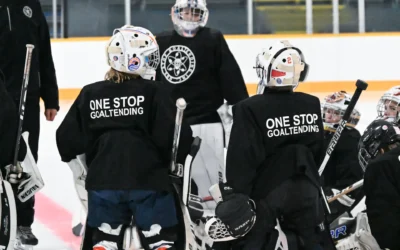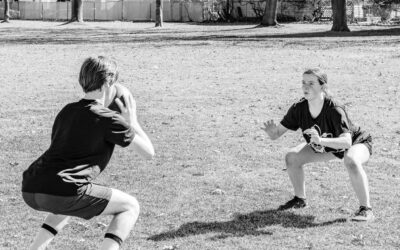Hey there, goaltenders! Welcome to the first edition of the OSG Newsletter, where we dive into the art of goaltending with tips, tricks, insights, and strategies to help elevate your game. This month, we’re focusing on an often overlooked aspect of goaltending: maintenance and recovery.
As goaltenders, our bodies endure tremendous strain and stress during games and practices. To perform at our best, it’s crucial to prioritize maintenance routines and recovery strategies. Here’s how:
Proper Equipment Care
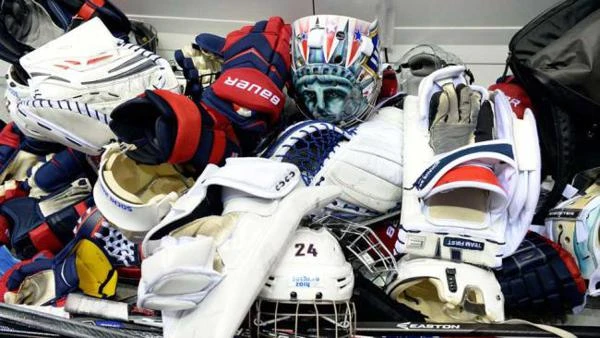
Your gear is your armour. Treat it with care. After each use, wipe down your equipment to remove moisture and prevent bacteria build up. Regularly inspect your gear for any signs of wear and tear, particularly your pads, glove, and blocker. properly maintained equipment not only enhances performance but also reduces the risk of injury.
For more information about equipment care, visit https://goaliecoaches.com/how-to-clean-goalie-gear/
Stretching and Mobility
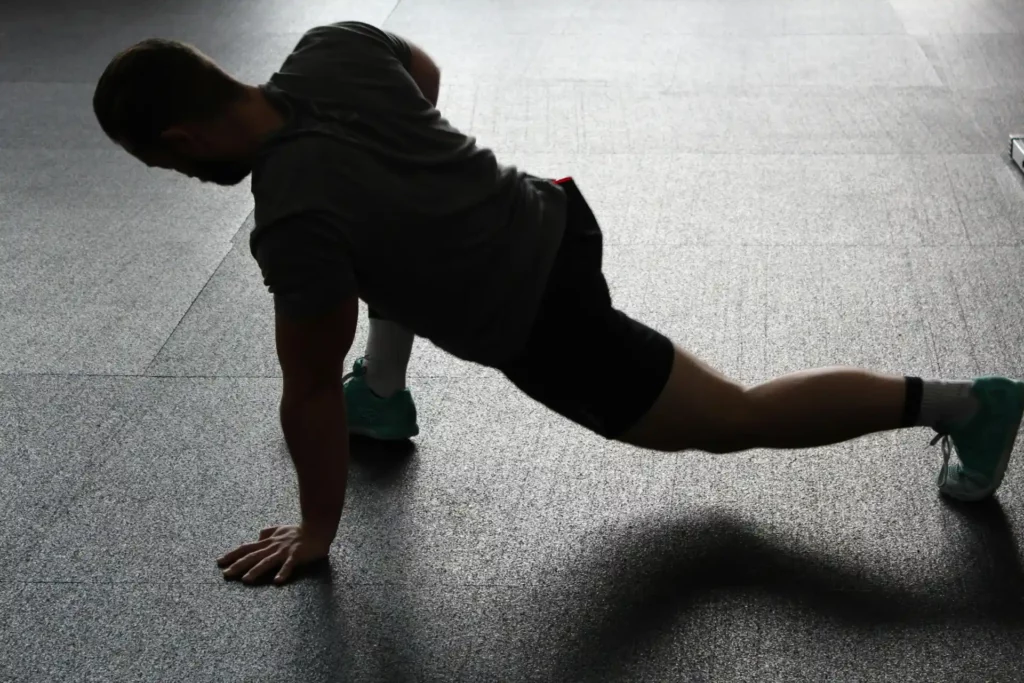 Flexibility is key for goaltenders. Incorporate dynamic stretching and mobility exercises into your pre-game routine to loosen up muscles and joints. Focus on areas prone to tightness, such as hips, groin, and shoulders. Post-game, engage in static stretching to promote muscle recovery and prevent stiffness.
Flexibility is key for goaltenders. Incorporate dynamic stretching and mobility exercises into your pre-game routine to loosen up muscles and joints. Focus on areas prone to tightness, such as hips, groin, and shoulders. Post-game, engage in static stretching to promote muscle recovery and prevent stiffness.
For more information about stretching and mobility, visit https://goaliecoaches.com/hip-stretches/
Hydration and Nutrition
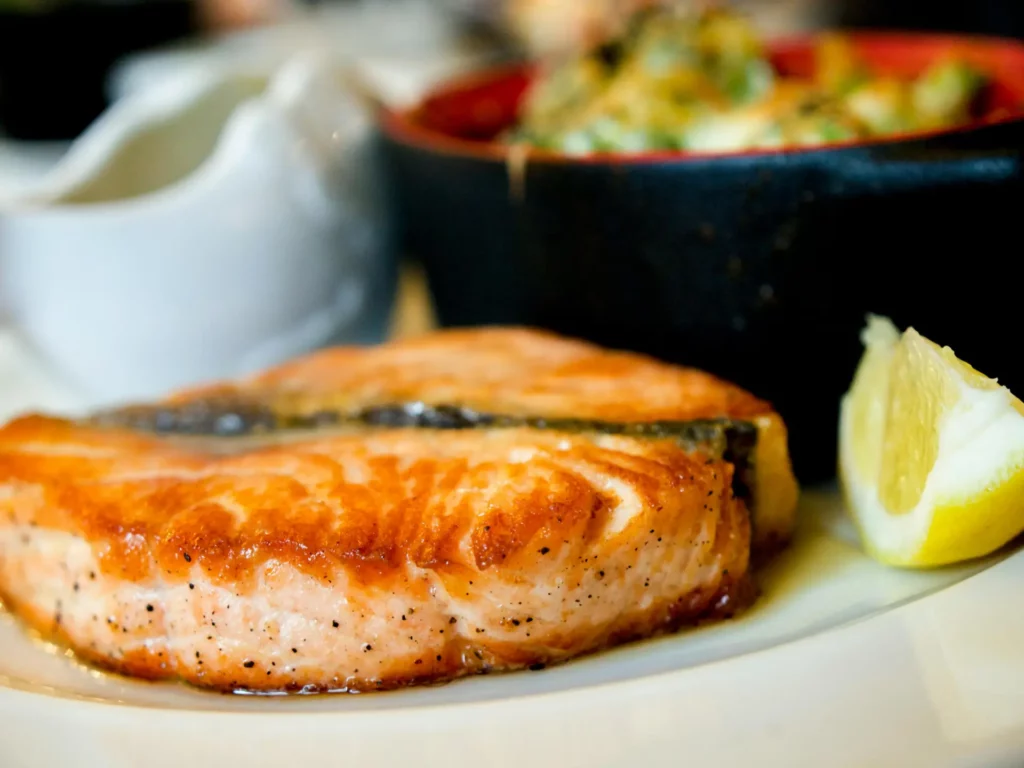 Fuel your body for optimal performance. Hydration is important, both on and off the ice. Aim to drink plenty of water throughout the day, especially before and after games. Maintain a balanced diet rich in lean proteins, complex carbohydrates, and essential vitamins and minerals to support muscle repair and replenish energy stores.
Fuel your body for optimal performance. Hydration is important, both on and off the ice. Aim to drink plenty of water throughout the day, especially before and after games. Maintain a balanced diet rich in lean proteins, complex carbohydrates, and essential vitamins and minerals to support muscle repair and replenish energy stores.
For more information about hydration and nutrition, visit https://thediygoalie.com/6-tips-for-a-high-performance-pre-game-meal/
Rest and Recovery
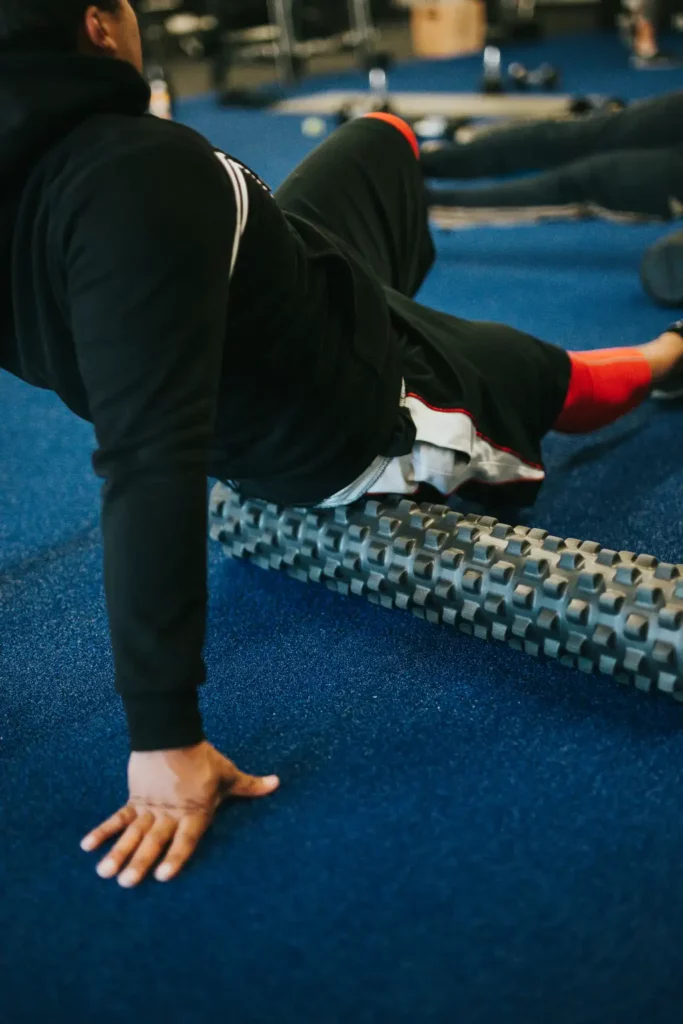
Don’t underestimate the power of rest. Your body needs time to recover from the demands of goaltending. Ensure you’re getting adequate sleep each night to promote physical and mental rejuvenation. Consider incorporating active recovery techniques such as foam rolling, massage therapy, or contrast baths to alleviate muscle soreness and enhance recovery.
For more information about rest and recovery, visit https://goaliecoaches.com/muscle-recovery-aids-goalies/
Injury Prevention
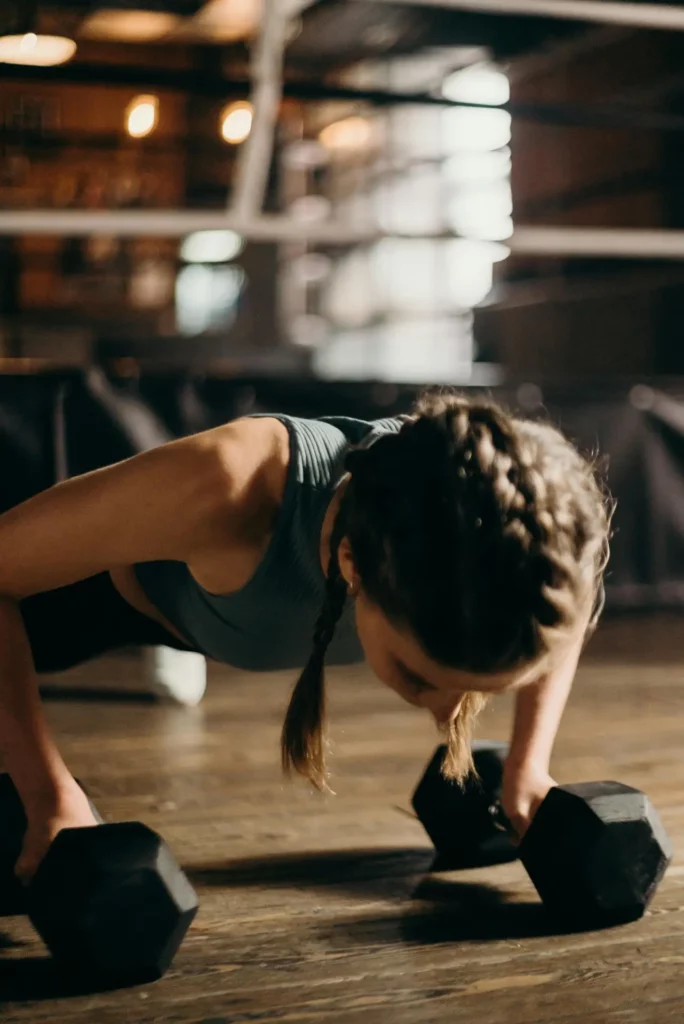
Take proactive measures to prevent injuries before they occur. Listen to your body and address any signs of discomfort promptly. Incorporate strength training exercises targeting stabilizing muscles to improve joint stability and reduce the risk of strains and sprains. Invest in proper technique and form during practices and games to minimize the likelihood of injury.
For more information about injury prevention, visit https://www.stack.com/a/16-injury-prevention-tips-for-goaltenders/
Mental Well-being
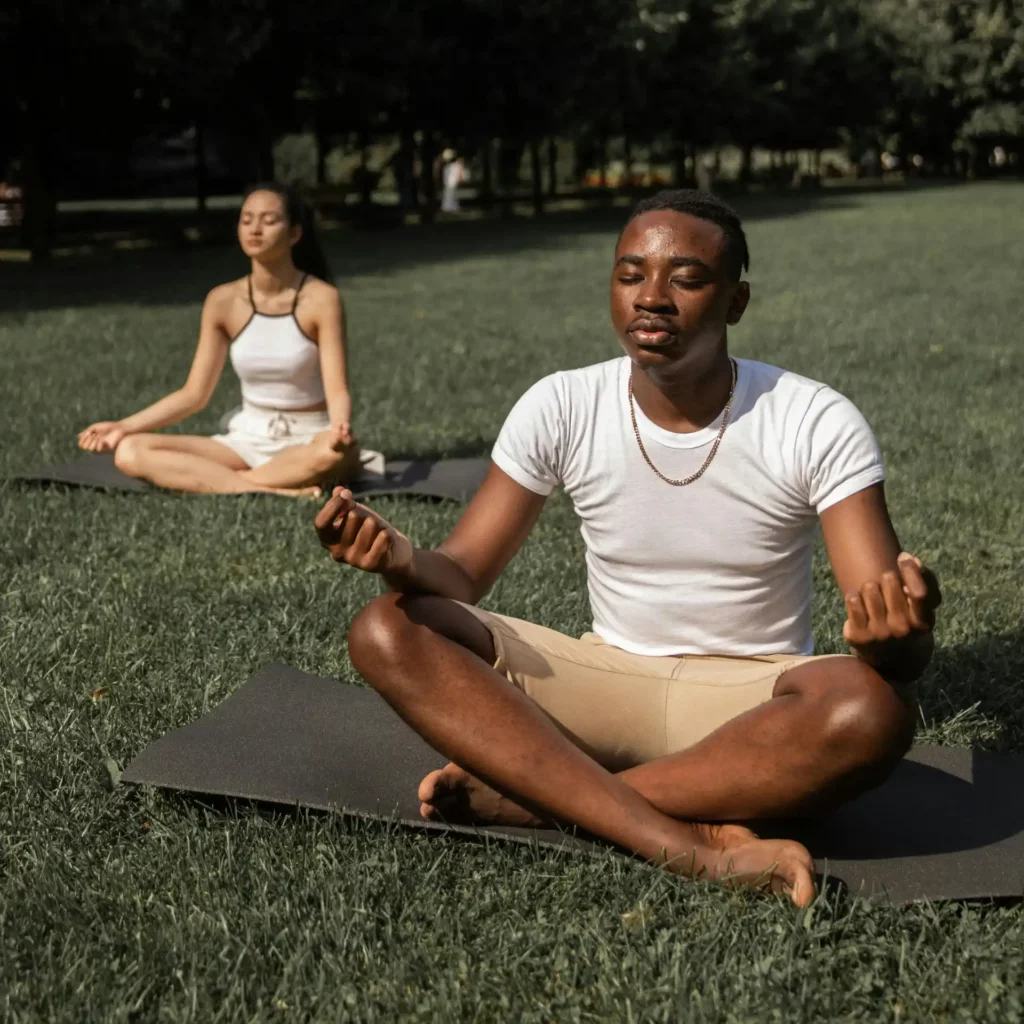 Goalkeeping is as much a mental game as it is physical. Prioritize your mental well-being by practicing mindfulness techniques, visualization, and stress management strategies. Cultivate a positive mindset and resilience in the face of challenges. Remember, a strong mental game is the foundation of confidence and consistency in the crease.
Goalkeeping is as much a mental game as it is physical. Prioritize your mental well-being by practicing mindfulness techniques, visualization, and stress management strategies. Cultivate a positive mindset and resilience in the face of challenges. Remember, a strong mental game is the foundation of confidence and consistency in the crease.
For more information about mental well-being resources, visit https://liftthemask.com/
By prioritizing maintenance and recovery, you’ll not only enhance your performance on the ice but also prolong your goaltending career. Remember, goaltending is a marathon, not a sprint.
Take care of your body and it will take care of you. Until next time, stay sharp, and stop pucks!
-Kendra Woodland

